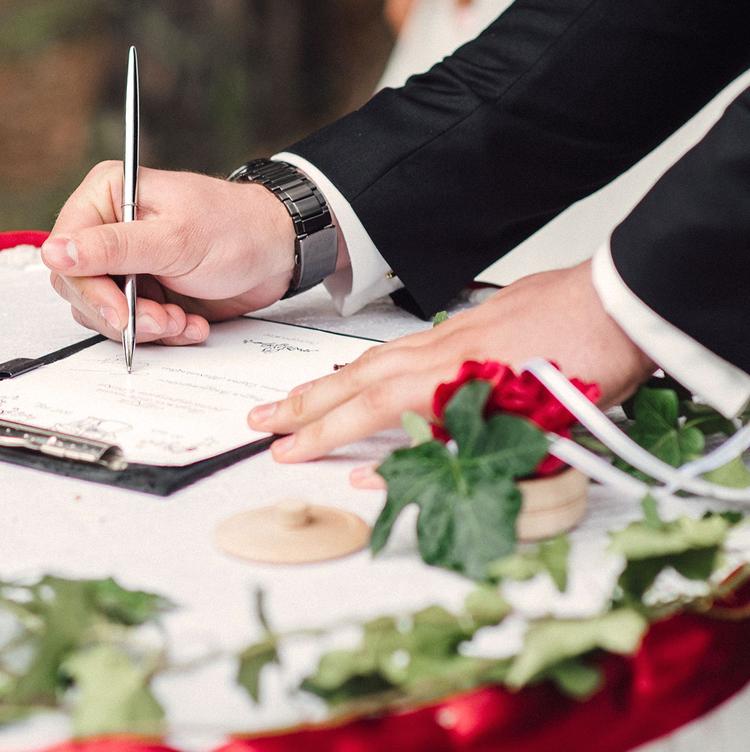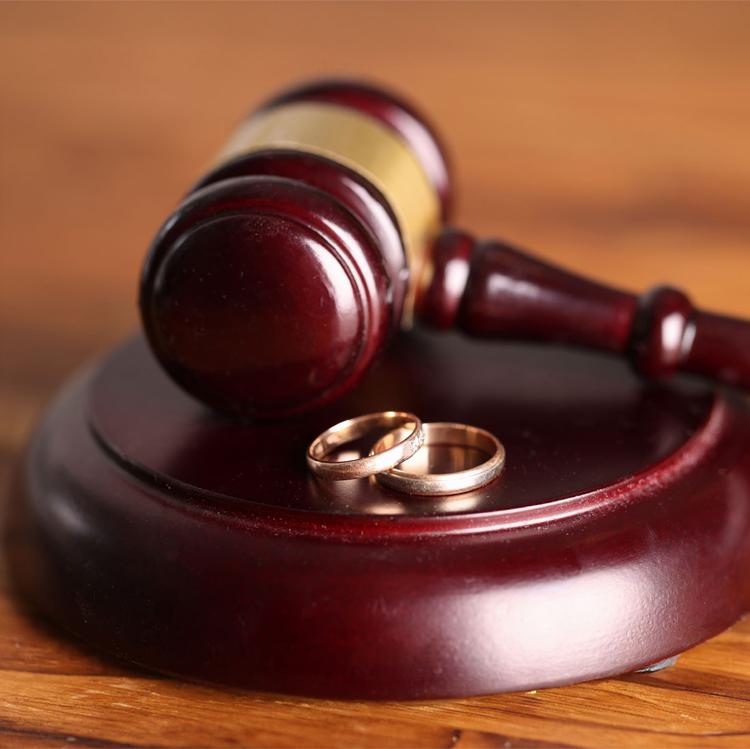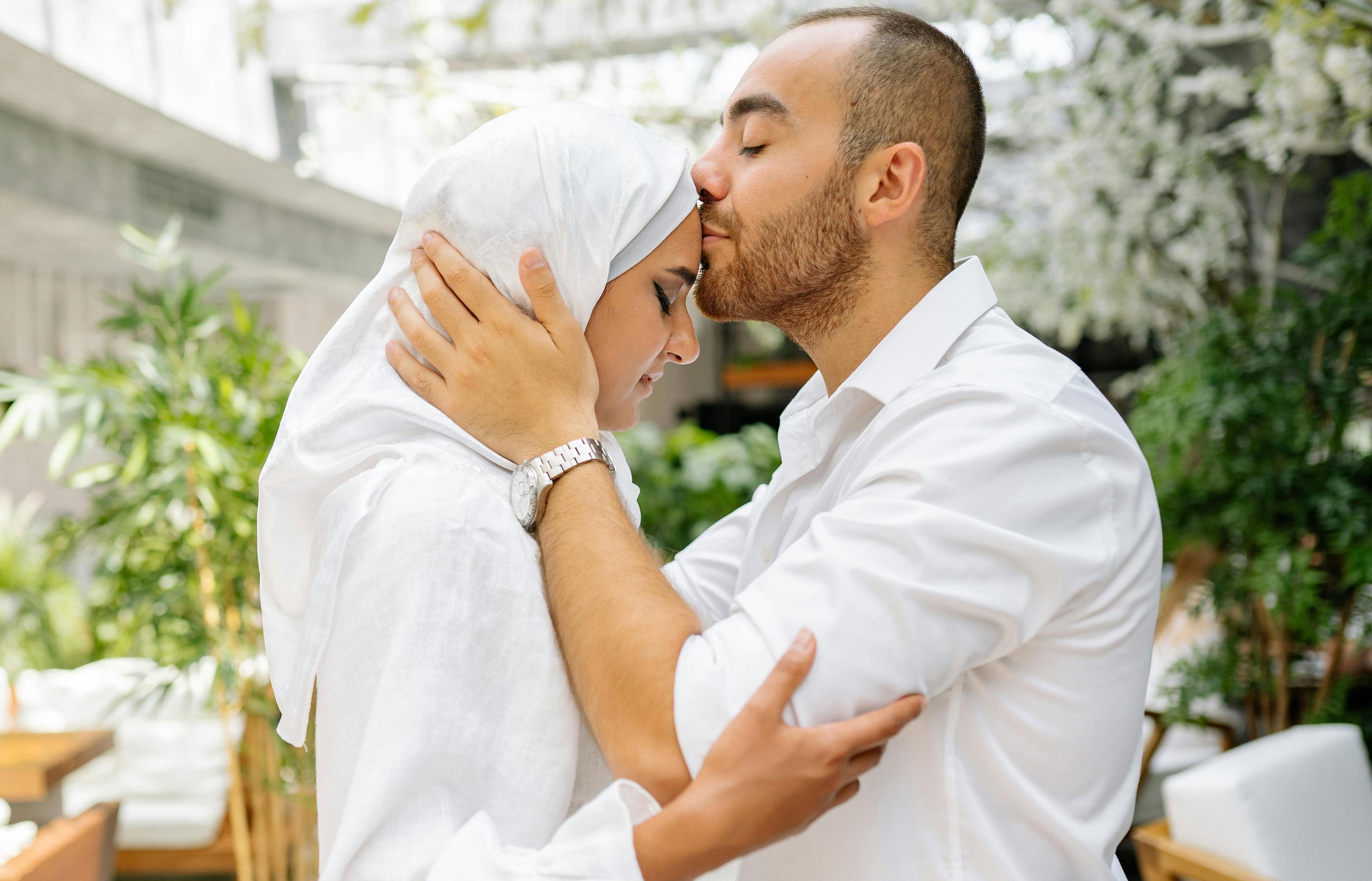
Understanding the Nikah Ceremony in 2025: Evolving Traditions and Legalities
Explore how the Nikah ceremony is being conducted in 2025 and how evolving traditions, legal considerations, and the role of platforms like Vidnik are facilitating the marriage process.
The Nikah, an essential component of a Muslim marriage, is a religious ceremony that signifies the formal union between a man and a woman in accordance with Islamic law. As a deeply rooted tradition, it has been celebrated for centuries, with its core principles remaining unchanged. However, the practice of Nikah in the UK today has evolved in response to the modern-day challenges and changing legal landscapes of the country.

The Traditional Nikah Ceremony
In its essence, the Nikah ceremony is the formalisation of the commitment between two individuals to uphold the values of love, mutual respect, and partnership in accordance with Islamic principles. The marriage contract itself involves the groom offering a marriage proposal to the bride, which is accepted by her or her Wali. The Nikah is typically performed by an imam or another qualified Muslim officiant, who ensures that the marriage aligns with Islamic teachings. One of the unique features of the Nikah is the concept of mahr, a gift given by the groom to the bride as part of the marriage contract. This can take the form of money, property, or other valuable items, and it is meant to be a symbol of the groom's commitment to his wife. Importantly, the mahr is the bride’s right, and it is hers to keep, independent of the marriage’s success or failure. The ceremony itself is often a simple affair, focusing on the spiritual and legal aspects of the union. It may be accompanied by celebrations and a Walima, but the formal contract remains the focal point. The ceremony's core principles of mutual consent, transparency, and the respect of Islamic law remain unchanged, even as other aspects of the marriage process evolve.
The Evolution of Nikah in the UK
As with many religious and cultural practices, the Nikah ceremony has evolved to reflect the changing social and cultural environment of the UK. In the past, marriages within the Muslim community were often arranged or strongly influenced by families, and couples typically had limited autonomy in choosing their life partners. However, today, there is a growing trend towards greater personal choice, with many couples taking an active role in selecting their spouse. While many aspects of the Nikah ceremony itself remain unchanged, the way it is organised and carried out has adapted. For example, while Nikah ceremonies were traditionally conducted in homes or mosques, today’s ceremonies may take place in a variety of settings, including community centres, wedding halls, or even online. The Nikah ceremony may incorporate various cultural practices from different regions of the Muslim world. This reflects the rich diversity within the Muslim community in the UK, where the practice of Islam can vary greatly depending on one's cultural heritage.

Legal Recognition of Islamic Marriages in the UK
One of the major concerns for Muslim couples in the UK is the legal recognition of their Nikah under British law. Islamic marriages are not automatically recognised as legal marriages under UK law unless they are also registered as civil marriages. This means that while the Nikah ceremony holds significant religious importance, it does not grant couples the same legal rights and protections as a civil marriage would. For example, issues related to inheritance, financial rights, and the protection of children may be complicated if the marriage is not legally recognised. This lack of recognition has led to calls for reforms to ensure that Islamic marriages receive the same legal status as civil marriages. In response to these concerns, some Muslim couples choose to undergo a civil marriage registration alongside the Nikah ceremony to ensure their union is legally recognised. This dual approach is becoming more common, particularly for younger couples who are aware of the legal implications of not having a civil marriage in place.
How Vidnik Helps Facilitate the Nikah Process








































































